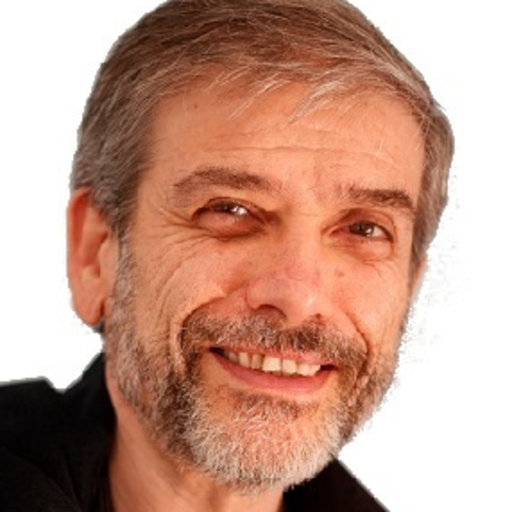Abstract
A thermoelectric generator (TEG) is a semiconductor device, which achieves a direct conversion of heat in to electrical energy. The electric power produced by a TEG is strongly influenced by the applied heat sink. While a TEG is aimed at harvesting waste heat, the optimization of the efficiency of the heat sink is a key task for the design of waste heat recovery systems implementing TEG. A TEG model is proposed and implemented in an open source toolbox for field operation and manipulation (OpenFOAM) for the purpose of performing optimizations of the heat sink, using a commercially available TEG as basis. This model includes the multi-physics thermoelectric coupled effects. Conservation principles of energy and current are considered simultaneously. This includes the thermal and electric conduction, Seebeck effect, Peltier effect, Thomson effect, and Joule heating. Much attention is paid to model validation. On the one hand, different modelling aspects are validated based on the measurements from the literature. On the other hand, specialized experiments are performed on an in-house test rig, which is developed to this purpose. Within this framework, aspects are explored, which have not been investigated in detail before, including the effect of variable temperature patterns. Based on the models, TEG applications are presented, which aim the utilization of waste heat from a forging process and cogeneration from the abundantly available heat released by biomass combustion. Optimization procedures are additionally utilized in designing the corresponding cooling systems.
BIOGRAPHICAL NOTE
 Prof. Dr. Ali Cemal Benim received his B.Sc. and M.Sc. degrees at the Bogazici University, and his Ph.D. degree at the University of Stuttgart. The topic of his PhD Thesis was Finite Element Modeling of Turbulent Flames, which was awarded by Degree of Distinction. Subsequently, he joined ABB Turbo Systems in Switzerland. He was the manager of the group Computational Flow and Combustion Modeling.
Prof. Dr. Ali Cemal Benim received his B.Sc. and M.Sc. degrees at the Bogazici University, and his Ph.D. degree at the University of Stuttgart. The topic of his PhD Thesis was Finite Element Modeling of Turbulent Flames, which was awarded by Degree of Distinction. Subsequently, he joined ABB Turbo Systems in Switzerland. He was the manager of the group Computational Flow and Combustion Modeling. Currently, he is Professor for Energy Technology at the Düsseldorf University of Applied Sciences, leading the Center of Flow Simulation (CFS). He authored and co-authored over 250 publications in various fields, encompassing the numerical modelling (finite element, finite analytic, lattice Boltzmann methods, Navier-Stokes solution techniques), and mathematical modelling of flow phenomena (turbulence, heat and mass transfer, combustion/gasification, two-phase flows) in a wide range of applications with emphasis on energy technology. He is the Executive Editor of Progress in Computational Fluid Dynamics, Section Editor-in-Chief of Fire, Associate Editor of Computation and has editorial positions in a number of further journals.

